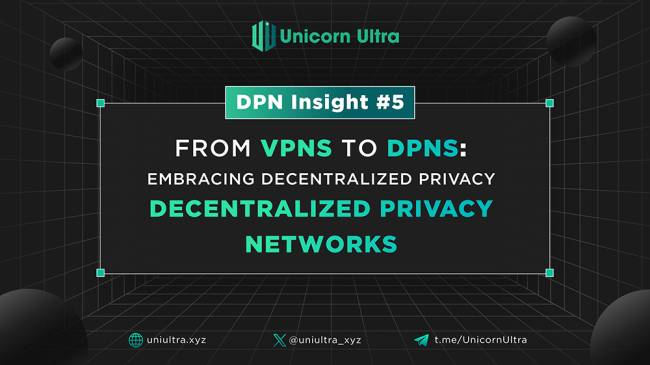
DPNs are an innovative twist on the concept of VPNs, leveraging the power of decentralization to enhance user privacy and security. Unlike traditional VPNs, which route traffic through a central set of servers, DPNs distribute this function across a network of multiple nodes. This decentralization not only reduces the risk of a single point of failure but also makes it exceedingly difficult for any entity to track or intercept user data.
The transition from VPNs to DPNs represents a significant shift in the approach to digital privacy. In a DPN, the network is powered by its users, with each node acting both as a client and a server. This peer-to-peer model stands in stark contrast to the centralized structure of conventional VPNs and brings with it a host of advantages, including improved resilience against attacks, enhanced privacy due to the absence of a central authority, and potentially faster and more reliable connections.
Moreover, the decentralization inherent in DPNs aligns seamlessly with the growing emphasis on user empowerment in the digital realm. By distributing the responsibility of data protection among multiple nodes, DPNs democratize the process of securing online activity. This shift not only provides a technical solution to privacy concerns but also reflects a broader movement towards a more equitable and user-centric internet.
As we delve into the intricacies of Decentralized Private Networks, it's crucial to understand how they build upon the foundations laid by VPNs. They are not just a new technology but a response to the evolving landscape of cyber threats and a testament to the continuous pursuit of greater control, security, and privacy in our increasingly digital lives.
The next three articles explain the vision and motivation of U2U Network behind our U2 DPN product, diving into details of how U2 DPN is well positioned in the modern world. This article particularly delves into the motivations behind this shift and explores how DPNs are addressing the challenges posed by VPNs.
Understanding the Limitations of Traditional VPNs
VPNs have long been the standard for securing online activities, but they are not without their flaws. Centralization, one of the primary limitations of VPNs, poses risks like single points of failure and potential data monitoring. Security vulnerabilities, such as susceptibility to various cyber attacks and encryption weaknesses, further diminish their efficacy. Additionally, the trust issues associated with VPN providers, particularly concerning their data logging policies, have raised serious privacy concerns.
The Emergence of Decentralized Private Networks (DPNs)
Against this backdrop, DPNs have emerged as an innovative solution in the realm of digital privacy. DPNs differ significantly from traditional VPNs in both architecture and functionality. By leveraging decentralized structures, typically based on blockchain technology, DPNs distribute data across multiple nodes, reducing the risks associated with centralization.
Motivations Behind the Shift to DPNs
The primary motivation driving the transition from VPNs to DPNs is the need for a more secure, private, and user-centric approach to digital privacy. DPNs promise to address the centralization concerns of VPNs, offering a system where user data isn't held by a single entity. This decentralization inherently enhances security and makes DPNs more resistant to censorship and surveillance, appealing to users who value privacy and control over their online data.
DPNs: Addressing the Limitations of VPNs
DPNs tackle the specific limitations of VPNs head-on. Through decentralization, they minimize the risks of data breaches and mitigate the concerns of data being monitored or logged by a single provider. The integration of blockchain technology not only bolsters security but also adds a layer of transparency and trustworthiness. Furthermore, DPNs offer users a higher degree of control over their privacy settings, allowing for a more personalized and secure online experience.
Conclusion
The shift from VPNs to DPNs represents a significant milestone in the evolution of digital privacy networks. While DPNs are still in their nascent stages, their potential to redefine online privacy and security is immense.
As we move forward, the continued development and adoption of DPNs could herald a new era of internet privacy, where user security and data sovereignty are paramount. Embracing this shift towards decentralized privacy networks is not just a technological advancement but a step closer to a more secure and private digital world.



.png)


